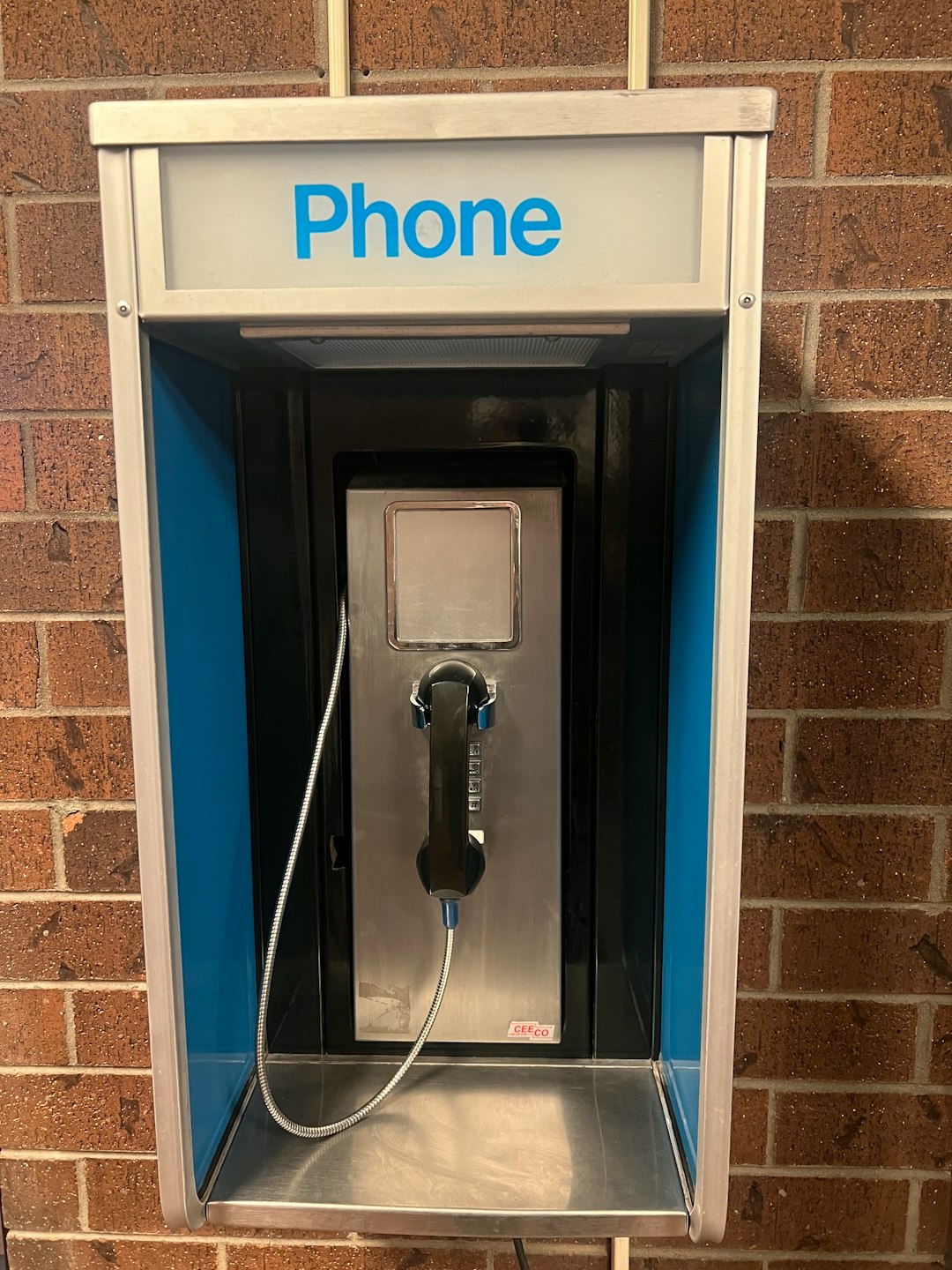In Kansas, the statute of limitations for debt collection typically allows creditors 4 years to legally pursue payment from debtors, though written debts may have a longer period. Debtors are protected by state and federal laws, including the FDCPA, which prohibits abusive collection tactics and gives them rights to dispute debts and place "do not call" restrictions. Both parties must understand these laws, especially as continuous activity can extend the collection period while inactivity might bar collection.
In Kansas, understanding the statute of limitations for debt collection is crucial for both debtors and creditors. This article provides a comprehensive guide to navigating the debt collector laws in Kansas, focusing on the key factors determining the time frame within which collections actions can be initiated. By exploring rights and protections for debtors, you’ll gain valuable insights into managing your financial obligations effectively.
Understanding Kansas Statute of Limitations for Debt Collection

In Kansas, the statute of limitations for debt collection plays a crucial role in protecting consumers from aggressive or unfair practices by debt collectors. This legal framework sets a time limit within which a creditor or debt collector must take action to collect a debt after it has been incurred. Understanding these limitations is essential for both debtors and debt collectors. If a debt collector fails to comply with the statute of limitations, it can lead to legal repercussions, including potential dismissal of the collection efforts.
Kansas law dictates that the statute of limitations for most debts, including those related to credit cards, loans, or other forms of financial obligations, is typically four years. This means that once a debt becomes delinquent, the creditor or collector has four years to file a lawsuit or take legal action to recover the money owed. However, certain types of debts, such as student loans or taxes, may have different time frames. Debtors should be aware of their rights and the applicable statutes to ensure fair treatment during debt collection processes governed by Kansas debt collector laws.
Key Factors Determining the Time Frame

Several key factors determine the statute of limitations for debt collection in Kansas, which is the period within which a creditor or debt collector can legally pursue a debtor for payment. The most significant factor is the type of debt. In Kansas, the statute of limitations varies from 3 to 6 years depending on whether the debt is oral or written. Oral agreements have a shorter time frame, while written contracts, including loan documents and credit card agreements, enjoy a longer period.
Additionally, the nature of the debt collection activity plays a role. If a debt collector has made continuous efforts to collect the debt, such as regular phone calls or letters, the statute may be tolled, extending the time frame. However, if the collector takes no action for an extended period, the debtor might have a stronger case to argue that the debt is now time-barred.
Rights and Protections for Debtors in Kansas

In Kansas, debtors have specific rights and protections under the state’s debt collection laws. According to the Kansas Statute of Limitations, a creditor has a limited time—usually four years—to file a lawsuit against a debtor for the recovery of a debt. This means that if a debt collector or creditor fails to take legal action within this timeframe, they are barred from pursuing the debt through litigation.
Additionally, debtors in Kansas are protected by federal laws such as the Fair Debt Collection Practices Act (FDCPA), which prohibits debt collectors from using abusive, unfair, or deceptive practices when trying to collect a debt. Debtors have the right to dispute the validity of a debt and request verification of it from the collector. They can also place a “do not call” restriction on the collector and seek legal recourse if they feel their rights have been violated.






